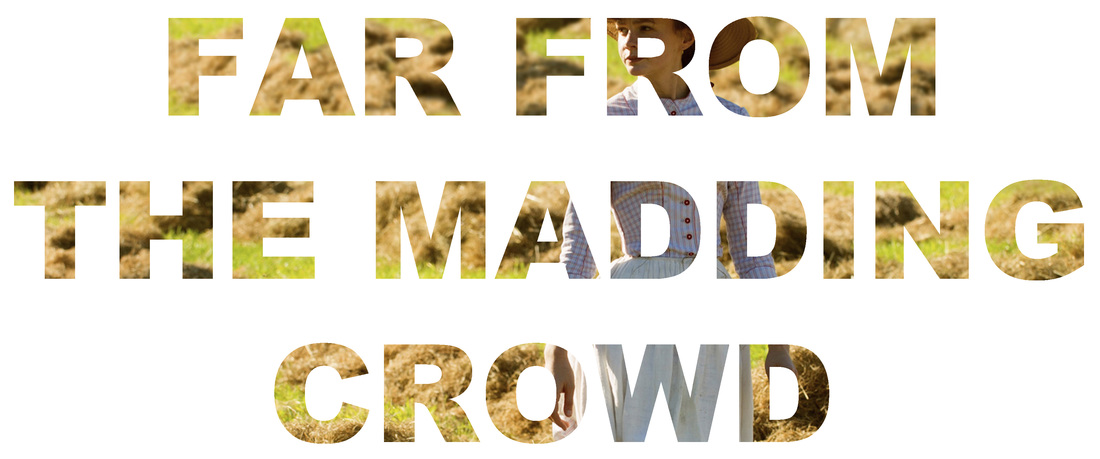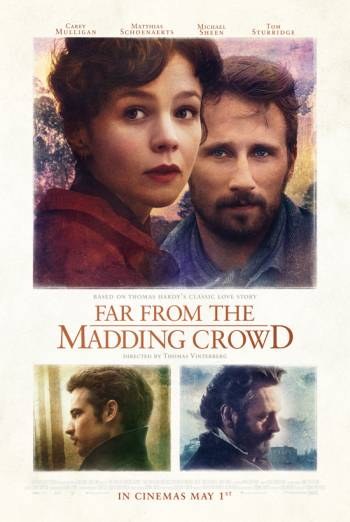
During the making of Far from the Madding Crowd, she got on well with the crew and her dressing caravan was open to everyone to stop by for a chat, a cup of tea, or a smoke (menthol cigarettes in great quantities). Plus, she would be working again with John Schlesinger, the director of one of her first films, Billy Liar (1963), as well as her Oscar®-winner.Ĭhristie was always very curious about and interested in the entire filmmaking process. So she went into her next project with much anticipation and eagerness Thomas Hardy's willful, passionate heroine Bathsheba Everdine seemed a role tailor-made for her. She went from those two pictures to work with Francois Truffaut on the adaptation of Ray Bradbury's novel Fahrenheit 451 (1966), and although that film was not a great success, it did little to dim her star. Zhivago (1965), she had become the Hot New Thing, the actress to watch. In one year, with an Oscar® for Darling (1965) and a high-profile role in Dr. Realizing how much she has always needed his quiet strength and unselfish devotion, Bathsheba persuades Gabriel to remain in Weatherbury as her husband.įor Julie Christie, a lot was riding on Far From the Madding Crowd (1967). Shortly after Boldwood has been sent to prison, Gabriel tells Bathsheba that he is planning to emigrate to America. Bathsheba then promises to marry Boldwood when Troy is declared legally dead but Troy appears at their engagement party and the nearly deranged Boldwood kills him. Filled with remorse, he swears that he never loved Bathsheba, walks out on her, and disappears into the ocean. After Troy has gambled away most of Bathsheba's money and created disharmony among the farmhands, he discovers that Fanny has died in childbirth.

Unaware that Troy has refused to marry young Fanny Robin, a maidservant pregnant with his child, because she embarrassed him by going to the wrong church on their wedding day, Bathsheba foolishly becomes his wife. Instead, however, she becomes enamored of Frank Troy, a dashing cavalry officer. When he misinterprets her capriciousness and proposes to her, Bathsheba promises to consider his offer.

Ignoring Gabriel's love, Bathsheba impulsively sends a valentine to William Boldwood, a nearby gentleman farmer.

A short time later she hires a former neighbor, Gabriel Oak, to be her shepherd a rejected suitor, Gabriel lost his own flock of sheep when one of his dogs drove them over a steep cliff.

In England in the 1870's headstrong Bathsheba Everdene inherits her uncle's farm in Weatherbury and achieves the independence she desires.


 0 kommentar(er)
0 kommentar(er)
